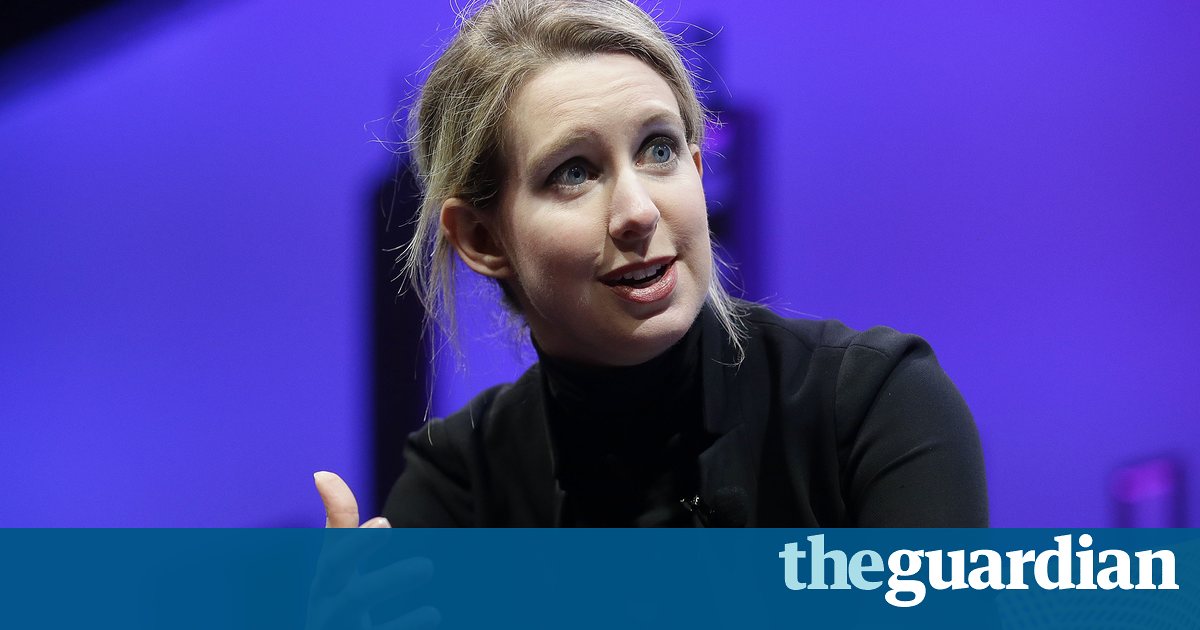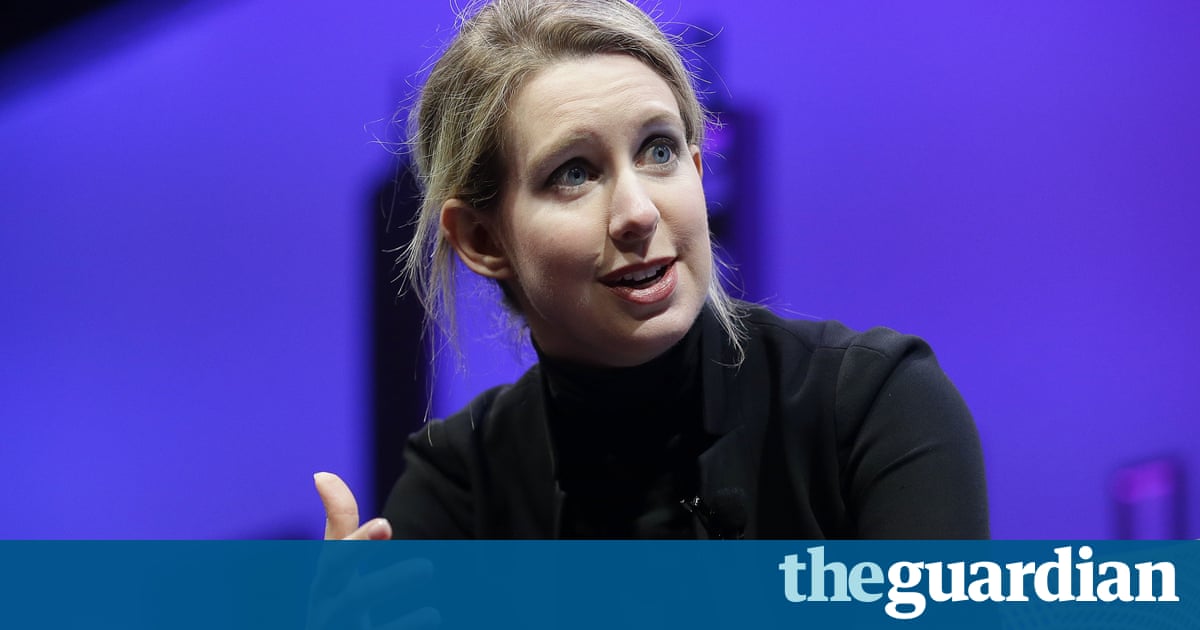Theranos to close its labs and blood-testing centers and lose 340 staff

Embattled founder Elizabeth Holmes once boasted her $9bn business would change the world, but Theranoss decline is now a cautionary tale

Elizabeth Holmes, the embattled founder and chief executive of Theranos, said late on Wednesday that the company will close its clinical labs and Walgreens testing centers in the US.
In an open letter posted on the companys website, Holmes praised the consumer-facing business that she once boasted would change the world with its inexpensive pinprick blood test, and was once the toast of Silicon Valley.
In magazine interviews, TV appearances and keynote speeches she gave around the world, Holmes said the innovation would empower consumers by giving them the ability to bypass the gatekeepers their doctors to get important information about the health of their own bodies.
Numerous investors and consumers fell for her story, and at one point the company was valued at $9bn, making Holmes the youngest self-made female billionaire ever. But as the company grew, so did questions about its technology. In a series of skeptical reports starting in October 2015, the Wall Street Journal recounted how even Theranoss own employees questioned the accuracy of the results of its testing and revealed that government regulators had been looking into the matter.
The company aggressively defended itself against the accusations but in summer 2016 began to acknowledge some major defeats.
In June, Walgreens said it had terminated its partnership with the blood-testing startup effective immediately.
In July, the Centers for Medicare & Medicaid Services imposed harsh sanctions against Theranos, levying a fine, revoking its certification to operate labs and banning Holmes from owning, operating or directing a blood-testing lab for at least two years.
The company also faces federal criminal and civil investigations into whether it misled investors. The company denies any wrongdoing.
Wednesdays announcement by Theranos essentially shuts down the consumer-facing operations that were at the heart of the vision Holmes promoted.
The move will affect about 340 employees in Arizona, California and Pennsylvania. We are profoundly grateful to these team members, many of whom have devoted years to Theranos and our mission, for their commitment to our company and our guests, Holmes wrote.
The company will now focus its undivided attention on its new Theranos miniLab platform, which she described as a product that would be miniaturized, automated laboratories capable of small-volume sample testing, with an emphasis on vulnerable patient populations, including oncology, pediatrics, and intensive care.
Theranoss journey is a cautionary tale for the investors and reporters who showered praise on the company with little scrutiny. The firm raised more than $720m in funding before questions were raised over its core intellectual property.
What kind of due diligence did venture capitalists conduct before handing over millions of dollars? A number of scientists expressed doubts about Theranos early on, while more cautious investors tend to avoid medical companies unless their core product has been rigorously tested and peer-reviewed.
Theranos is not the only Silicon Valley company to have doubt cast upon its core science. Former employees said that San Francisco-based vegan food company Hampton Creek, which markets itself as a technology company, exaggerated how advanced its technology was. More recently Bloomberg reported that the company had been engaged in an alleged undercover buyback campaign, where members of staff were tasked with buying up jars of Hampton Creeks eggless mayonnaise product Just Mayo. The US justice department has since opened up a criminal investigation into whether the company committed fraud.